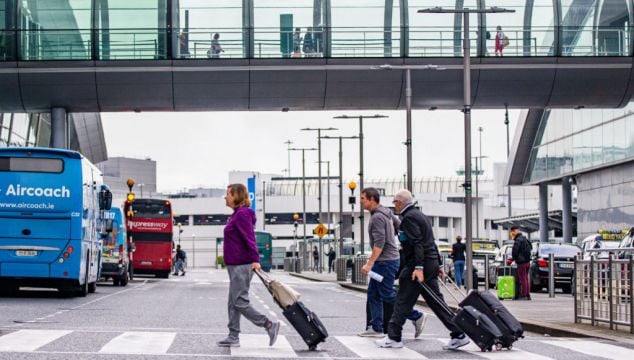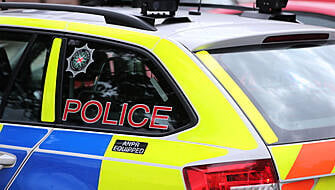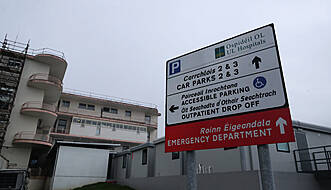News that drivers may be charged to drop-off or collect passengers from Dublin Airport has been met with anger after An Bord Pleanála upheld Fingal County Council's decision to grant permission for the relevant infrastructure.
Labelled a "money-grabbing exercise" by some local politicians, here's everything you need to know about the plans and how it might affect those travelling to the airport...
Third time's the charm
These plans have been knocking around for quite a while, with the operator of Dublin Airport, the daa, first applying to the relevant local authority - Fingal County Council - some years ago. In February 2021, the council ultimately refused the original iteration of the plan, with the loss of long-term parking spaces among the reasons given.
The daa then returned to the council with an updated plan, and in March 2022 they were granted permission. However, the council's decision was appealed, meaning it had to be reviewed by An Bord Pleanála.
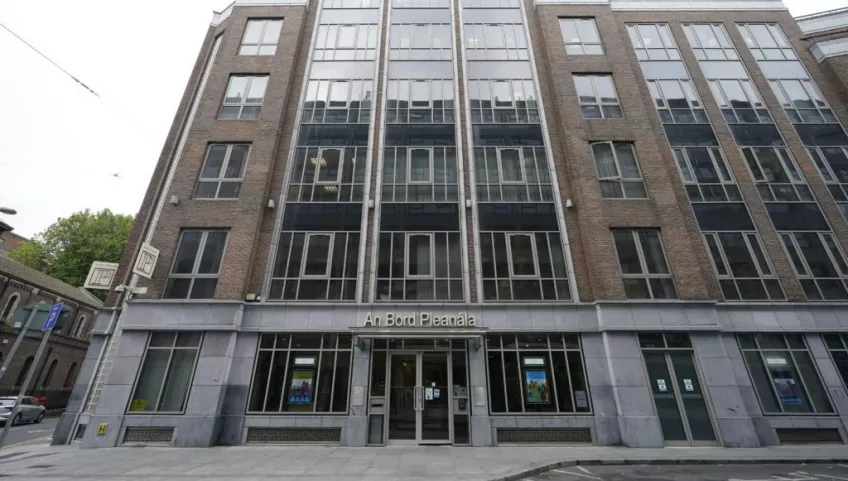
On Wednesday, the appeals board published its decision, upholding the council's decision to grant planning permission, clearing the way for the daa to get to work on the plans.
Why are they doing this?
The daa said the plans are part of their wider sustainability agenda, with the drop-off/pick-up charges aimed at reducing the number of people using private vehicles to travel to and from the airport. By disincentivising the use of personal vehicles, the daa believes more people will use public transport (more on that later) and thereby result in the "more efficient use of the airport's road network".
The airport operate added that funds raised by the drop-off/pick-up charges will be "ring-fenced for sustainability initiatives at the airport", including a proposed solar farm, installing more EV charging points and switching the shuttle fleet to low-emission vehicles.
What's included in the plan?
The planning permission includes infrastructure for both Terminal 1 and 2, including changes to roads and the building of toll booths.
The system will use Automated Number Plate Recognition (ANPR) cameras to capture the registration numbers of cars entering the drop-off/pick-up zones, allowing the system to calculate and charge the revenant fee.
The construction of the infrastructure will impact existing parking zones, but some addition spaces will be created as part of the works. Overall, the changes will result in a net increase of 100 short-term spaces and a net reduction of 220 long-term spaces.

However, commenting after the council's decision to grant planning permission, a spokesperson for Dublin Airport said a free drop-off/pick-up zone will continue to operate at a "new dedicated area in the Express Red long-term car park", from which passengers can take the free shuttle bus to the airport.
The spokesperson also confirmed that there will be "special provisions for people with reduced mobility".
No indication has been given as to how much the charge for drop-offs/pick-ups could be, or what time would be permitted.
Criticism
The plans have not gone down well and have shone a light on the airport's public transport links.
Local independent councillor Joe Newman has opposed the plans from the outset, arguing the daa has "jumped the gun" with the plans when the proposed Metrolink - which will link the airport to Dublin city centre - is nowhere in sight.
Many have pointed out that the buses and taxis are the only options for passengers coming to or from Dublin Airport if they don't have a lift, options which may not be practical nor feasible for some people, particularly those travelling to or from areas with limited access to the bus network.
Mr Newman said the daa has chosen "financial interests over the stability and quality of the public realm", and was joined in his criticism of the plans by Fine Gael senators Emer Currie and Regina Doherty, who both described the move as a "money-grabbing exercise".
Is it done elsewhere?
It's not what we want to hear, but yes — it's actually quite common internationally.
Looking to our nearest neighbours, the UK's main airports, including Heathrow, Stansted, Manchester and Birmingham, all charge drop-off/pick-up fees.
Those four charge in the region of £3-£7 to enter the drop-off/pick-up zone, with a time limit of 10-15 minutes. If the initial time period is exceeded, a much higher rate (generally £25) is charged in order to discourage people from taking up space for long periods of time.
In addition, many airports also use the vehicle registration cameras to monitor how many times a vehicle enters the zone over a short period of time, such as 30 minutes, charging drivers if they continuously 'circle around' until they pick up their passengers.
In response to media reports today, Dublin Airport has no current plans to introduce drop-off or pick-up charges.
— Dublin Airport (@DublinAirport) March 22, 2023
What has the daa said?
A response from the daa following news of An Bord Pleanála's decision probably wasn't met with the response they would have wished.
In a statement, the daa said Dublin Airport has "no current plans to introduce drop-off or pick-up charges".
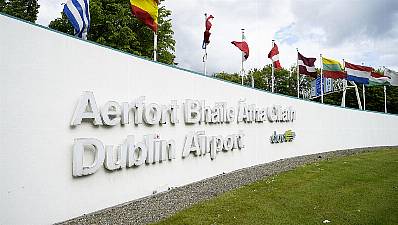
However, people were quick to point out that just because they have "no current plans" doesn't mean they're being shelved entirely.
Responding to the daa's comments, Ms Doherty called for "clarity and honesty" from the airport operator, adding that several questions remain.
"The daa has previously stated that it aims to ‘reduce car journeys to and from the airport’ by encouraging people to make greater use of public transport. I said it then and I’ll say it now: that would be all well and good if our public transport system was adequate.
"I wouldn’t blame people for not trusting the daa when they claim that the plans for drop-off and pick-up charges are suddenly no longer on the cards. It’s time they gave us some clarity and showed a bit of honesty, not to mention common sense," the Senator added.
